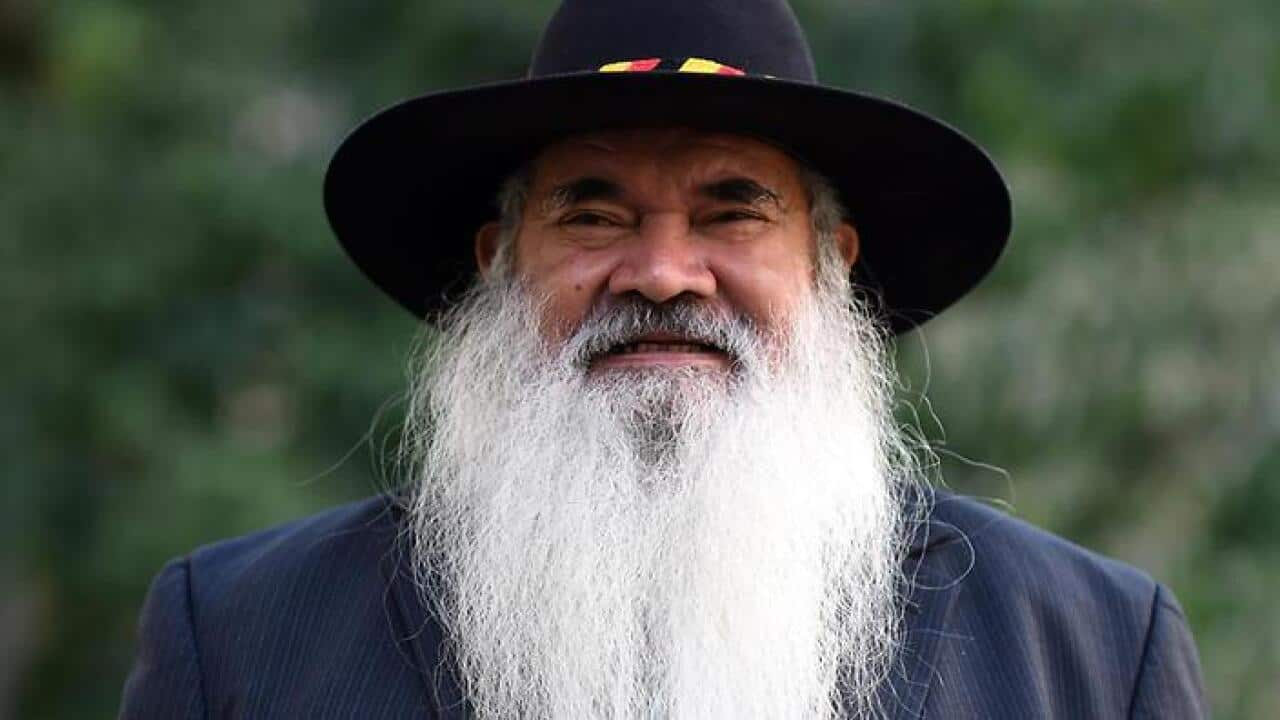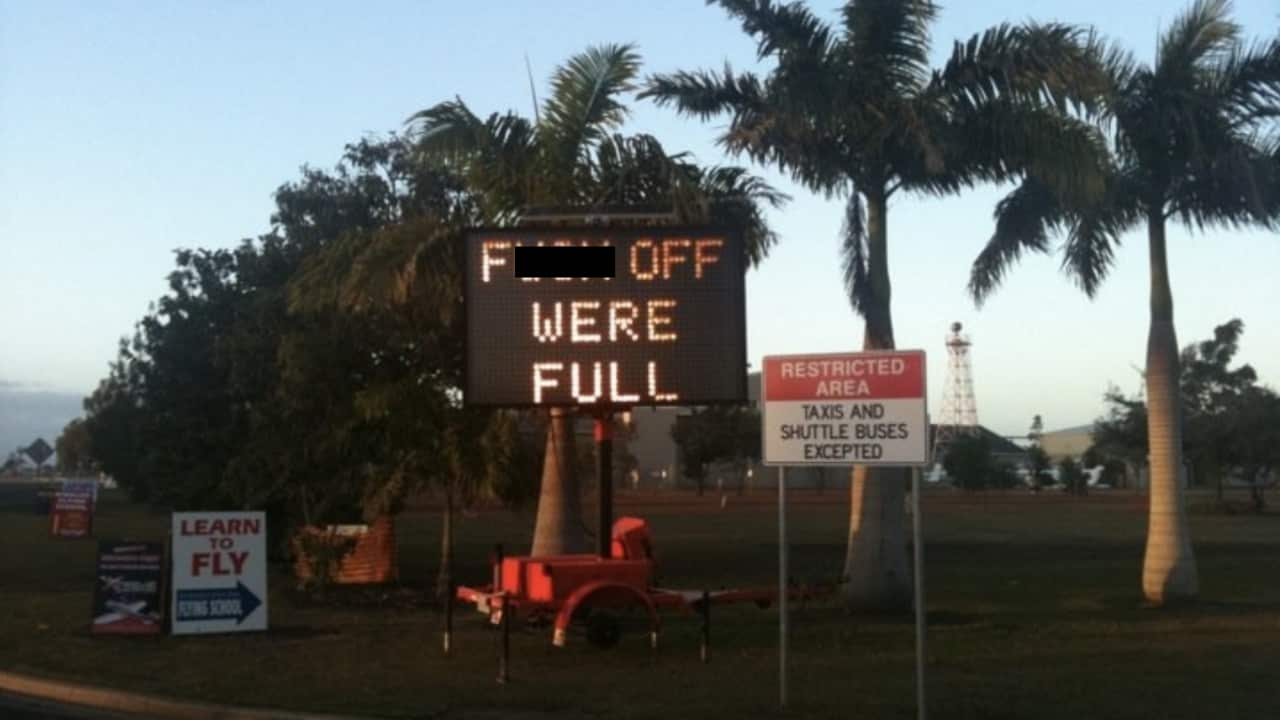"This week, graphic footage of violence in some WA communities was released to the media. While the footage was shocking, regional WA towns are not “war zones” and the people who live there should be treated with respect.
We need to recognise the trauma and anxiety that children in these communities and their parents experience on a constant basis.
But how is shaming families going to help?
It is foolish to simply vilify Aboriginal communities, and in particular their men, as the sole culprits for these appalling abuses.
We need to go to the causes of the appalling rates of domestic violence, drug and alcohol abuse and sexual abuse across our communities. We need to find the real circuit breakers and put them in the hands of our communities.
It is foolish to simply vilify Aboriginal communities, and in particular their men, as the sole culprits for these appalling abuses.
We need to work together at a community level, at a local level and at a regional level, to help all members of our community find their own feet. Our people need support to recover their strength and positive capacity to control and manage their own affairs.
We need to recognise that the best way of dealing with problems is with respect, working together, and focussed on commonly agreed goals. We do not need a new generation of community members under the control of those who want to use punitive measures to coerce and control them. When has this approach ever been shown to work?
We need to ask why we are not doing it differently, treating the very causes of the dislocation and alienation of our communities -- facing up to and turning around the hopelessness and despair that beleaguers them.
I do not avoid the need for those people who commit appalling crimes to be prosecuted. Those in the Aboriginal community responsible for any of these matters need to face up to their actions and held to account. But let us also identify those in the shadows of the drug trafficking, the sly grogging, the extortion, the violence and stand over tactics, the child abuse and prostitution that target vulnerable people in communities.
Tough love is rarely successful in treating substance abuse – particularly when it’s from the Government.
Wrap around support services need to adopt culturally grounded community driven practices designed to support community leaders in addressing the challenges they face.
We need better analysis of the problems and clarification of community intentions and motivations in tackling these matters. We need community buy-in to develop strategies to deal with the factors that make communities fail. The goal has to be to make them flourish with incentives rather than condemn and reduce them to dependence and constant surveillance. We must better enforce the law of the land, to deal with supply and access to drugs and alcohol. Where laws need to be changed to be more effective, they should be changed. Justices should not have their hands tied by mandatory measures, but be given the capacity to use the laws more wisely and appropriately.
We must better enforce the law of the land, to deal with supply and access to drugs and alcohol. Where laws need to be changed to be more effective, they should be changed. Justices should not have their hands tied by mandatory measures, but be given the capacity to use the laws more wisely and appropriately.

A global fund for land rights campaigns has been set up. Source: Getty Images
The grog runners and drug dealers need to be stopped in their tracks. At the same time the community needs to be supported to deal with challenges and change in an informed, constructive and respectful manner.
The Rural Doctors have made it clear when they said:
“Those that do have problems will not be helped by measures that feel punitive, such as switching them to a cashless debit card, rather than payments. Tough love is rarely successful in treating substance abuse – particularly when it’s from the Government.”
I support the Rural Doctors and our community organisations working with families dealing with these issues. This is where we have to take this debate."













